
Ali Cobby Eckermann is a Yankunytjatjara Aboriginal poet and an RMIT Adjunct Professor with non/fictionLab.
“In her memoir Too Afraid to Cry (2013), indigenous poet Ali Cobby Eckermann related how she had been tricked away from her mother as a baby, repeating the trauma her mother had suffered when she was taken from her grandmother many years before. Ali in turn had to give her own child up for adoption. In her poetry collection, Inside My Mother (2015), she explores the distance between the generations created by such experiences, felt as an interminable void in its darkest aspects...but in other ways... lit by dreams and visions of startling intensity, populated by symbolic presences and scenes of ritual and commemoration, chief amongst them the separation and reunion of mother and child.” (Source: Giramondo Publishing)
Ali’s verse novel, Ruby Moonlight (2012) won the NSW Premier’s Award for Poetry and Book of the Year in 2013. In 2017, she was awarded the Wyndham Campbell Prize.

Alice Pung is the bestselling author of the memoirs Unpolished Gem and Her Father’s Daughter, and the essay collection Close to Home, as well as the editor of the anthologies Growing Up Asian in Australia and My First Lesson. Her Father's Daughter won the Western Australia Premiers' Award. Her debut adult novel, Laurinda, won the Ethel Turner Prize at the 2016 NSW Premier’s Literary Awards. Her second adult novel, One Hundred Days, was shortlisted for the 2022 Miles Franklin Award, and has been optioned by Michelle Law for development as a film. She is also the author of children’s books including Be Careful, Xiao Xin!, When Grandma Came to Stay and the Meet Marly books.
Alice has taught and mentored students in Australia and around the world, including guest lectures at Brown University, Vassar College, the University of Milan and Peking University. She delivered the 2022 State of the Writing Nation Address, and in the same year was awarded an Order of Australia Medal for her services to literature.

Alvin Pang (Dr) is a poet, writer, editor and translator whose broad creative practice spans over two decades of literary and related activities in Singapore and elsewhere. Featured in the Oxford Companion to Modern Poetry in English, his writing has been translated into more than twenty languages, including Swedish, Croatian and Macedonian. His latest titles include WHAT HAPPENED: Poems 1997-2017 (2017) and UNINTERRUPTED TIME (2019). For his contributions to the literary arts, he has received Singapore's Young Artist of the Year Award, the Singapore Youth Award and the JCCI Education Award, among other accolades. The Editor-in-Chief of the public policy journal ETHOS, he also serves on several advisory boards, including the International Poetry Studies Institute at the University of Canberra and Rabbit: Journal of non-fiction poetry. In 2020, he completed a PhD in writing with RMIT University, in which he explored the possibilities of literary practice conducted across multiple languages, genres, careers and communities.
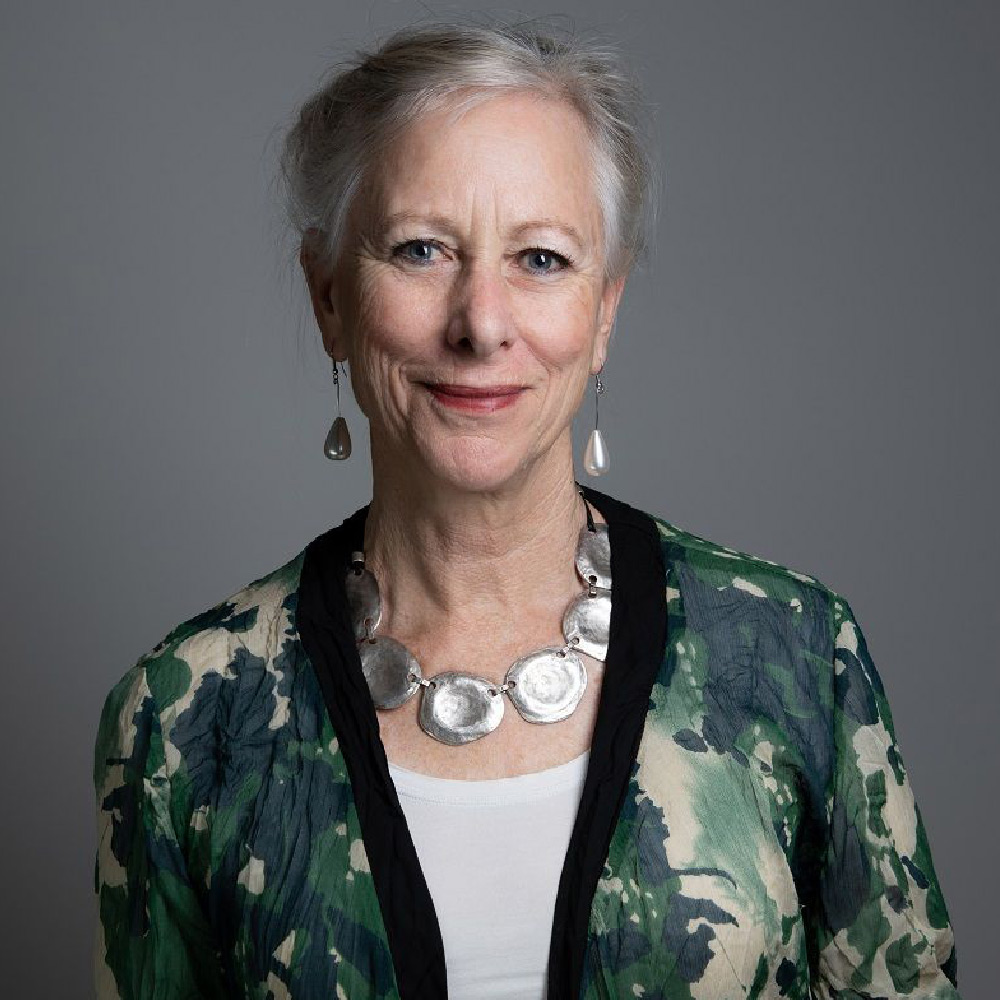
Anne M Carson is a published and awarded poet who specialises in poetic biography. She completed her PhD in 2023 which included a poetic biography of George Sand, a socially progressive and prolific novelist in 19th century France, and accompanying dissertation. She received an Outstanding Dissertation Prize for her thesis from the American Educational Researchers Association, Visual and Performing Arts Special Interest Group. Her ongoing interest areas include poetic biography, writing and contemplation, and feminist writing practice. Her most recent publication is “The Detective’s Chair: prose poems about fictional detectives”.
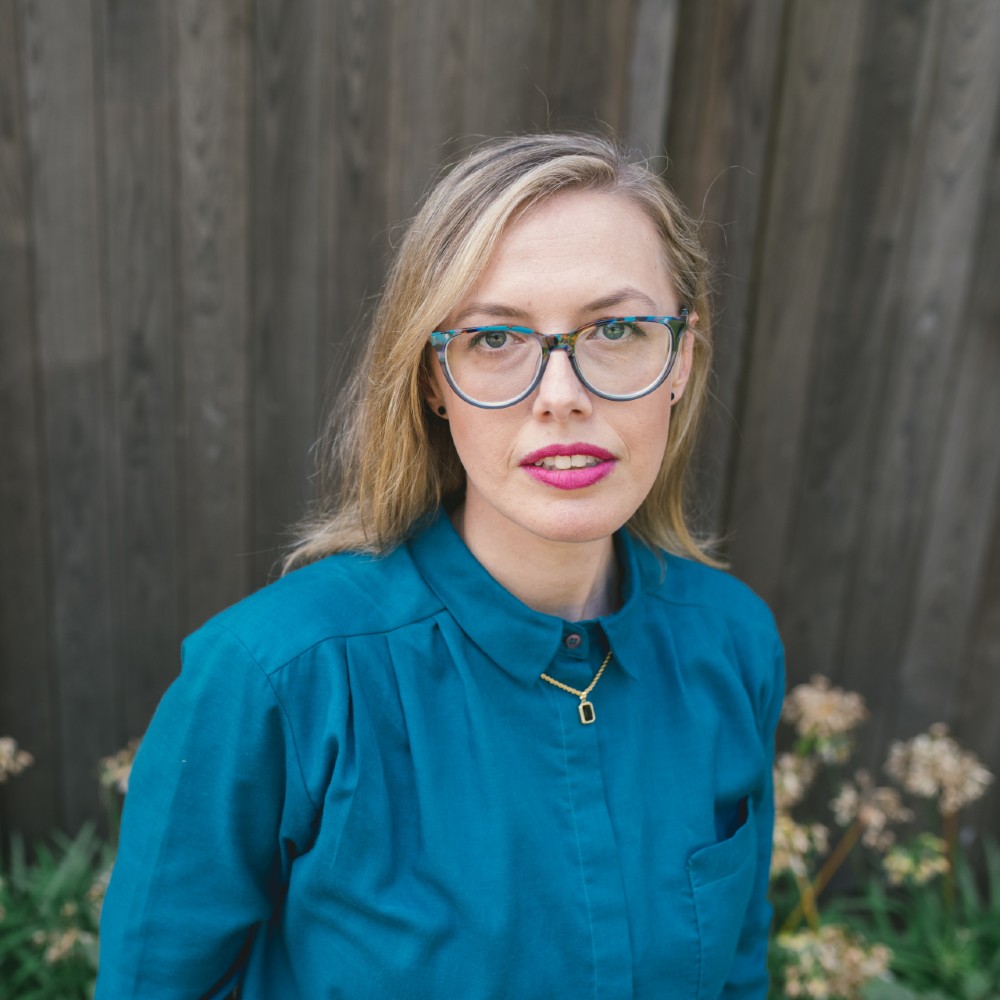
Dr Angela Meyer is an award-winning Australian writer and editor. Her debut novel, A Superior Spectre, was shortlisted for an Aurealis Award, the MUD Literary Prize, an Australian Book Industry Award, the Readings Prize for New Australian Writing and a Saltire Literary Society Award (Scotland). She is also the author of a novella, Joan Smokes, which won the inaugural Mslexia Novella Award (UK), and a book of flash fiction, Captives. Her second novel, Moon Sugar, was released in 2022. Her work has been widely published in magazines, journals and newspapers, including Island, Meanjin, The Big Issue, Best Australian Stories and Kill Your Darlings. She has worked in bookstores, as a book reviewer, as an editor and publisher, and now lectures in the Master of Writing and Publishing at RMIT. Her research and theoretical interests include Australian publishing and bookselling, sustainability, Australian literature, speculative fiction, ecofeminism, posthumanism, genre, gender and sexuality.
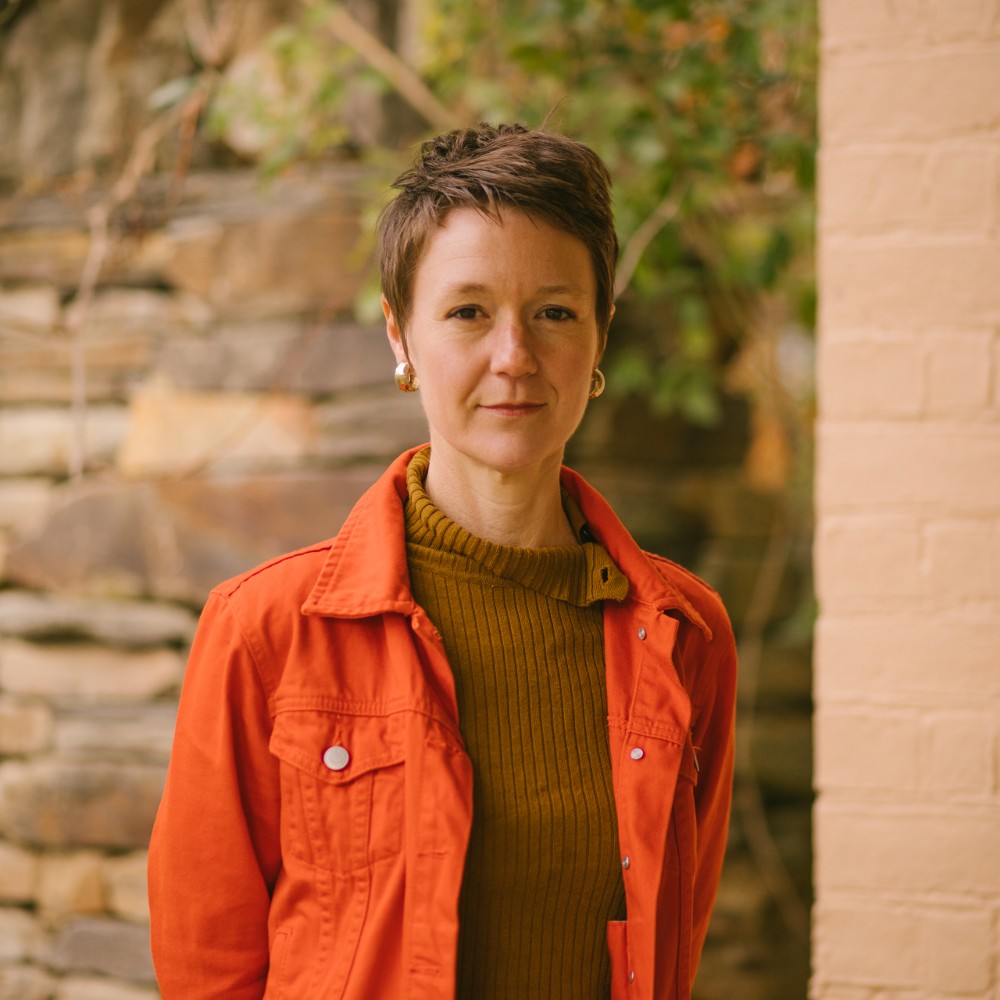
Dr Bonny Cassidy is a poet and nonfiction writer living on Dja Dja Wurrung lands in central Victoria. Senior Lecturer in Creative Writing, Bonny has released four poetry collections, including Chatelaine (Giramondo, 2017), shortlisted for the 2018 Prime Minister’s Literary Awards, and one book of nonfiction, the critically acclaimed Monument Giramondo, 2024). She co-edited the anthology, Contemporary Australian Feminist Poetry (Hunter Publishers, 2016) with Jessica L Wilkinson; and has held several editorial roles as well as sat on boards of key industry bodies. Bonny coordinated the Melbourne Visiting Poets Program 2015-19, funded by Creative Australia to bring First Nations and regional poets to the RMIT campus, and has herself received numerous national and international fellowships and residencies. Bonny has received Dean’s awards for teaching and for engagement with Indigenous perspectives, and has served on the RMIT Academic Board. She coordinates the non/fictionLab’s Spotlight series, a biannual creative salon.
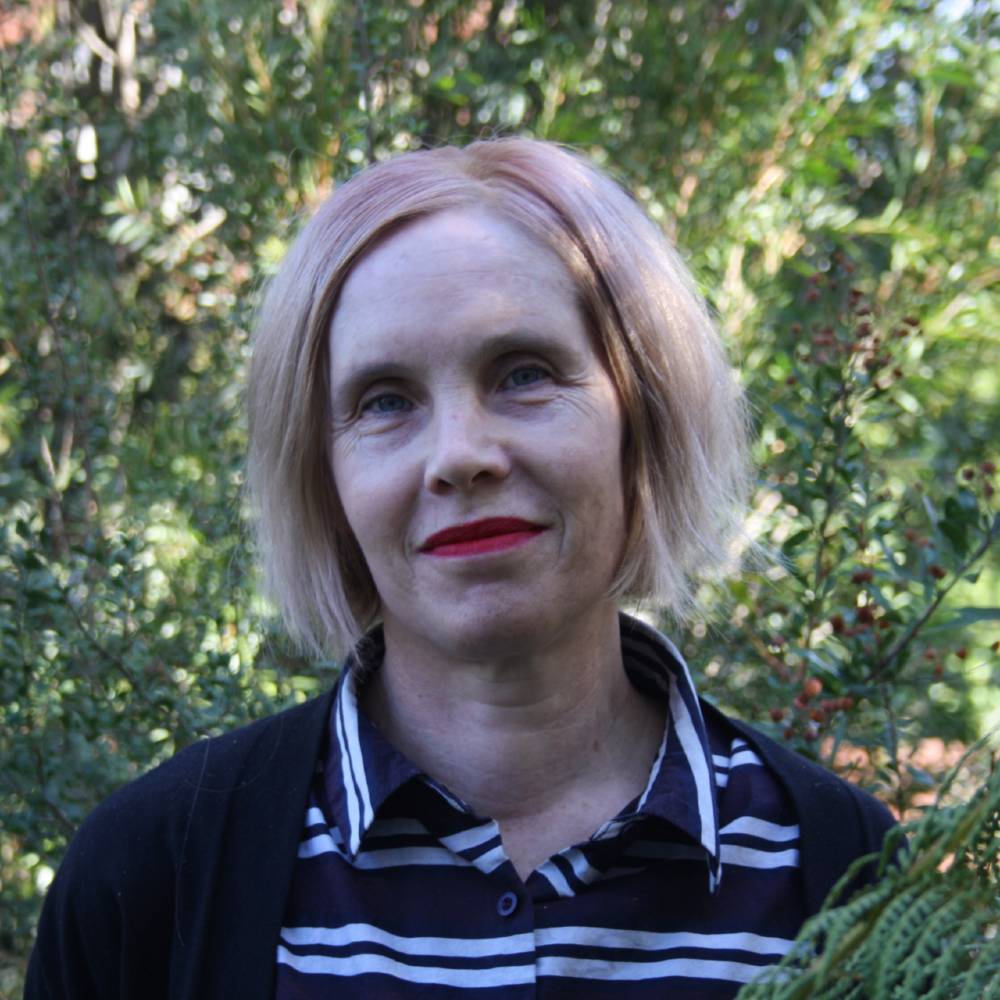
Born in Aotearoa, New Zealand, Brigid Magner now lives on unceded Wurundjeri land. She is a literary studies scholar and essayist. Her research work is primarily concerned with the intersections between literature and place. She is fascinated by the functions and consolations of literature in the world. Brigid's main research areas are reader studies, the history of the book, regional literary history, trans-Tasman literary culture, literature and place-making, contemporary Australian literature and literary studies pedagogy. Her monograph Locating Australian Literary Memory was published by Anthem Press (2020) and shortlisted for the Walter McRae Russell and Australian University Heads of English (AUHE) awards. Her current projects include 'Reading in the Mallee: The Literary Past and Future of an Australian Region' and 'Everyday, humble, messy: Understanding place-based repair in climate-affected communities - a comparative study across Australia, Sweden and the UK'.
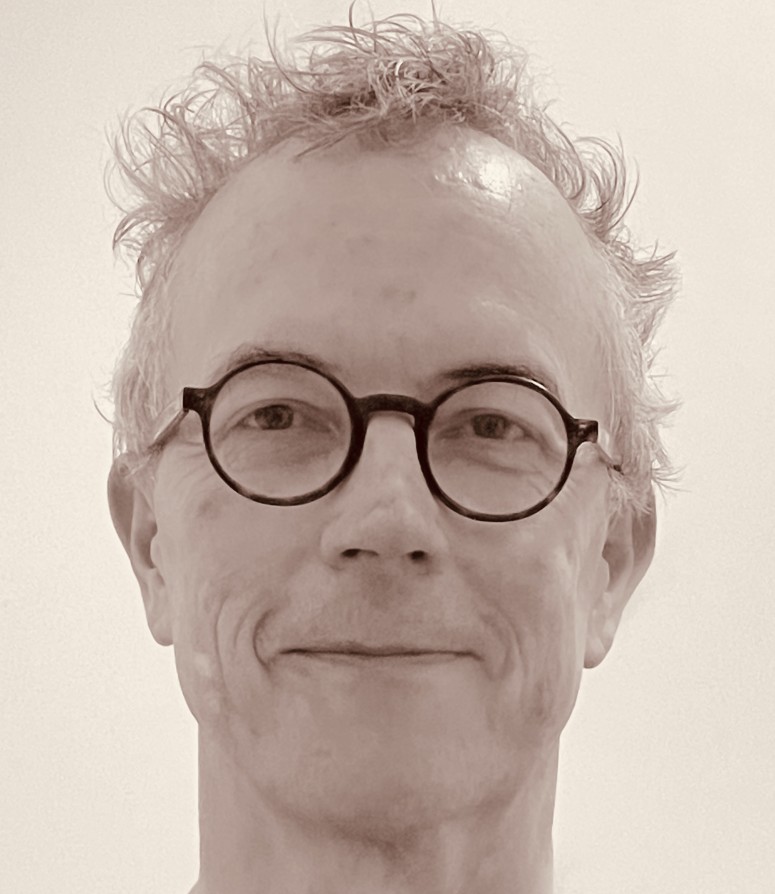
David Carlin is a writer, professor and early-career ceramicist with a background in theatre, circus and film-making. His current research interests include essaying and hybrid forms, ecocriticism and the Anthropocene, community digital archives, memory, collaborative methods and creative practice, and the ethics of intercultural exchange. David’s nonfiction books include The After-Normal: Brief, Alphabetical Essays on a Changing Planet (with Nicole Walker), 100 Atmospheres: Studies in Scale and Wonder (with MECO Network), Our Father Who Wasn’t There, and The Abyssinian Contortionist. His award-winning essays have been published in Meanjin, Griffith REVIEW, Hunger Mountain, Speak, Overland, Westerly, Sydney Review of Books and elsewhere. With Francesca Rendle-Short, he co-founded the WrICE program and RMIT’s non/fictionLab, and co-edited The Near and the Far, Vols 1 & 2. David is co-President of NonfictioNOW, which will next be held in South Bend, Indiana (USA) in June 2025.
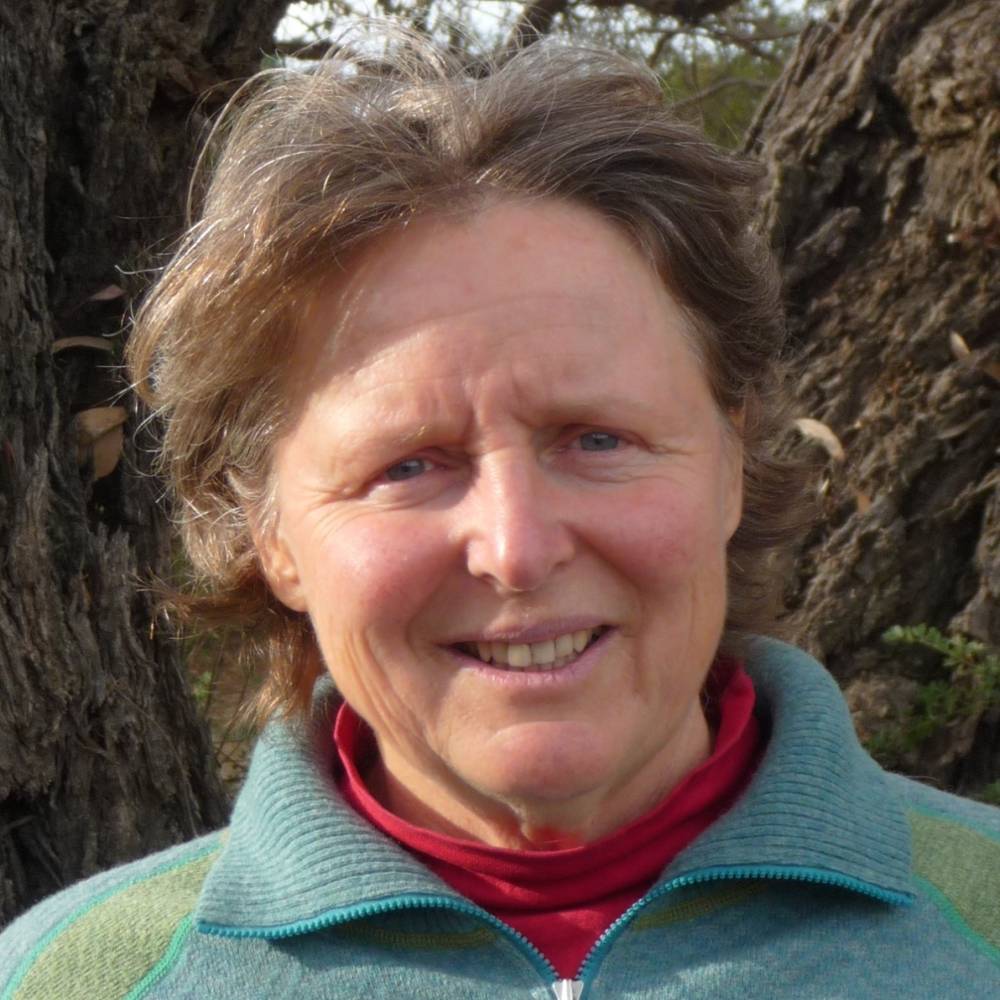
Deborah Wardle is a fiction and non-fiction writer, editor and researcher. Her book Subterranean Imaginaries and Groundwater Narratives (Routledge, 2023) explores the ways climate writing expresses groundwater’s potency and vulnerability in Australian narratives. Deborah edited a collection of writing from research and fieldwork on the Barwon Downs borefield, Understanding Aquifers through Groundwater Stories (deborahwardle.com 2024). She was on the editing team and contributed ‘Nonhuman Imaginaries’ to A to Z of Creative Writing Methods (Boomsbury 2023). She has stories and essays published in significant Australian and International journals including Meanjin, Overland, and The Big Issue, Swamphen, Junctures (New Zealand) Feral Feminisms, (Canada) Meniscus, Mosaic (Canada), Fusion, and Animal Studies Journal. Deborah has taught creative writing and climate literature at University of Melbourne and RMIT, La Trobe and Federation universities. Deborah lives on Dja Dja Wurrung Country in central Victoria, working to restore habitat on forty acres of land and continuing to research and write expressions of groundwater in Anthropocene literatures.
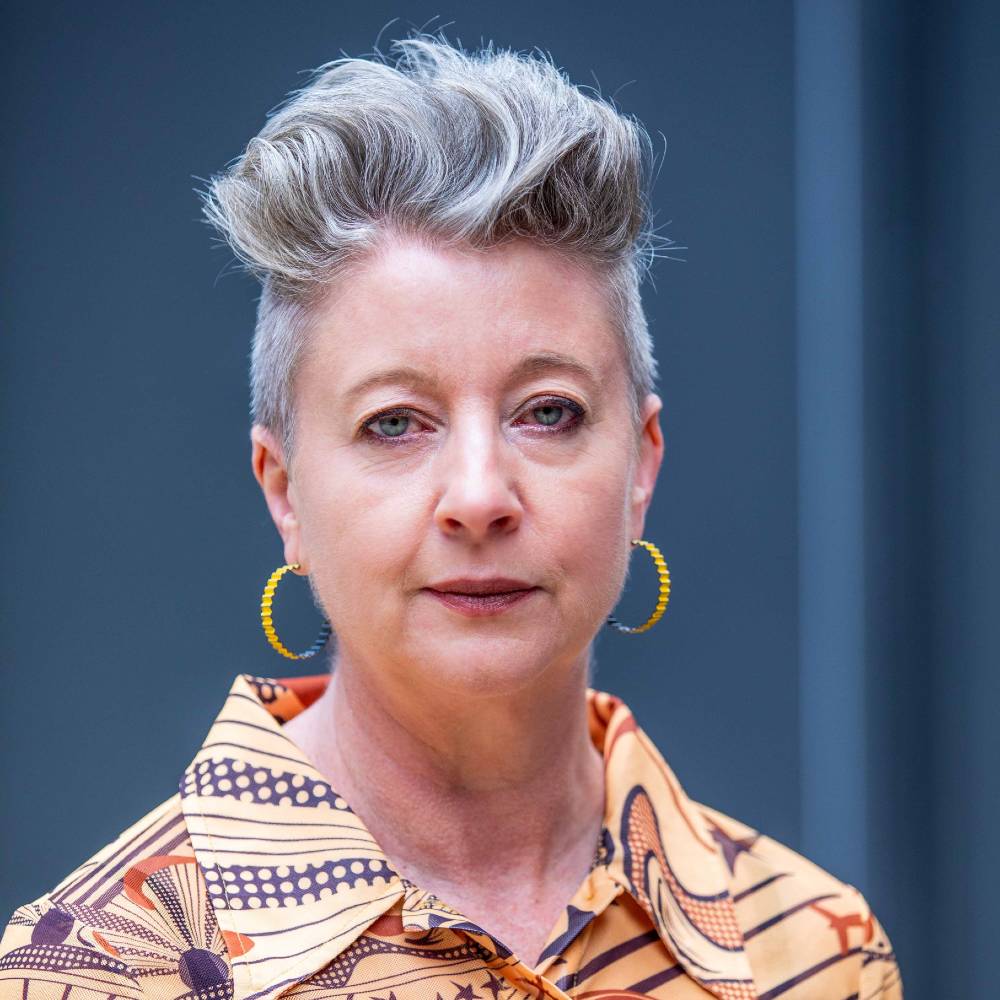
Emilie Collyer is an early career researcher and creative writing practitioner, with more than 25 years industry experience. She is an expert writer with specific experience in writing poetry and writing for performance and she has wide and deep connections within the literary and theatre sectors. Emilie’s research focusses on creative practice as a research methodology and she has a particular interest in feminist modes of writing and research and how intersectional feminism is in conversation with creative practice. Emilie has won and been nominated for multiple awards for her writing including recent acknowledgements in the Gwen Harwood Poetry Prize, Five Islands Prize and Patrick White Playwriting Award. Her creative work is widely published in Australia and internationally. As a recent PhD graduate Emilie already has a number of scholarly publications to her credit and was acknowledged with a number of accolades throughout her candidature including Dean’ Most Engaged PhD Student and People’s Choice and Runner-Up in the 3 minute thesis competition at school level. Emilie is already bringing her professional and creative practice into relationship with her research. She is an exemplar within the creative writing profession and demonstrate leadership within her community of practice via her mentoring, teaching, active engagement and advocacy work.
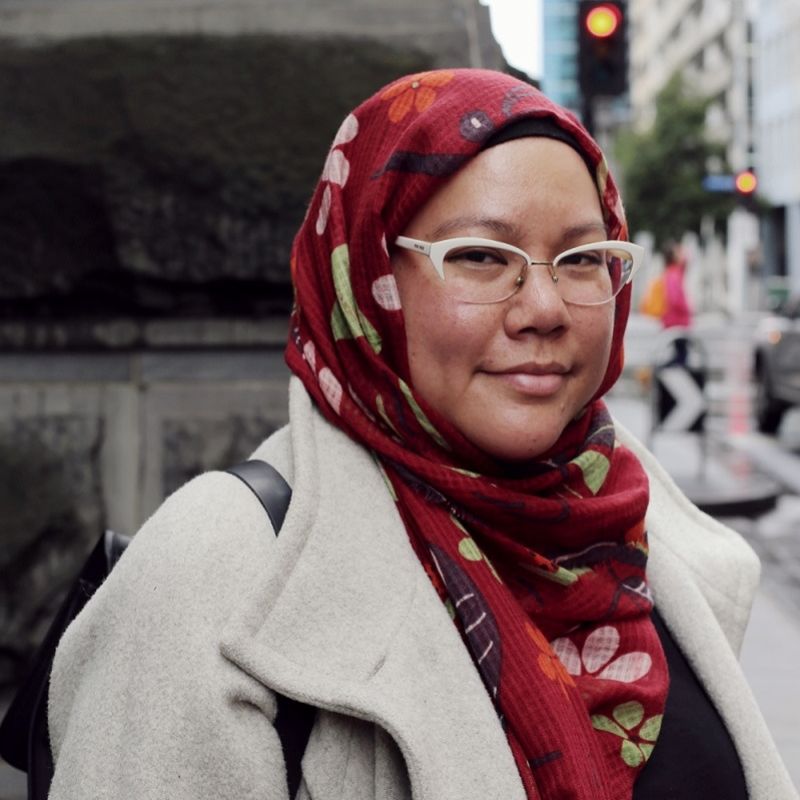
Eugenia Flynn is a writer and researcher, with a primary focus on Indigenous literatures. Her practice explores narratives of truth, grief, and devastation, interwoven with explorations of race and gender. Her essays, short stories and poems have been published in IndigenousX, NITV, Peril magazine, The Lifted Brow, Borderless: A Transnational Anthology of Feminist Poetry and #MeToo: Stories From the Australian Movement. Her text work has appeared in exhibitions such as Waqt al-tagheer: Time of Changeat ACE Open, Enough خلص Khalas: Contemporary Australian Muslim Artists at UNSW Galleries ,and SOULfury at Bendigo Art Gallery.
Eugenia is an Aboriginal (Larrakia and Tiwi), Chinese Malaysian and Muslim woman who grew up on Kaurna land in Adelaide and now lives and works on Wurundjeri and Boon Wurrung Country in Melbourne.
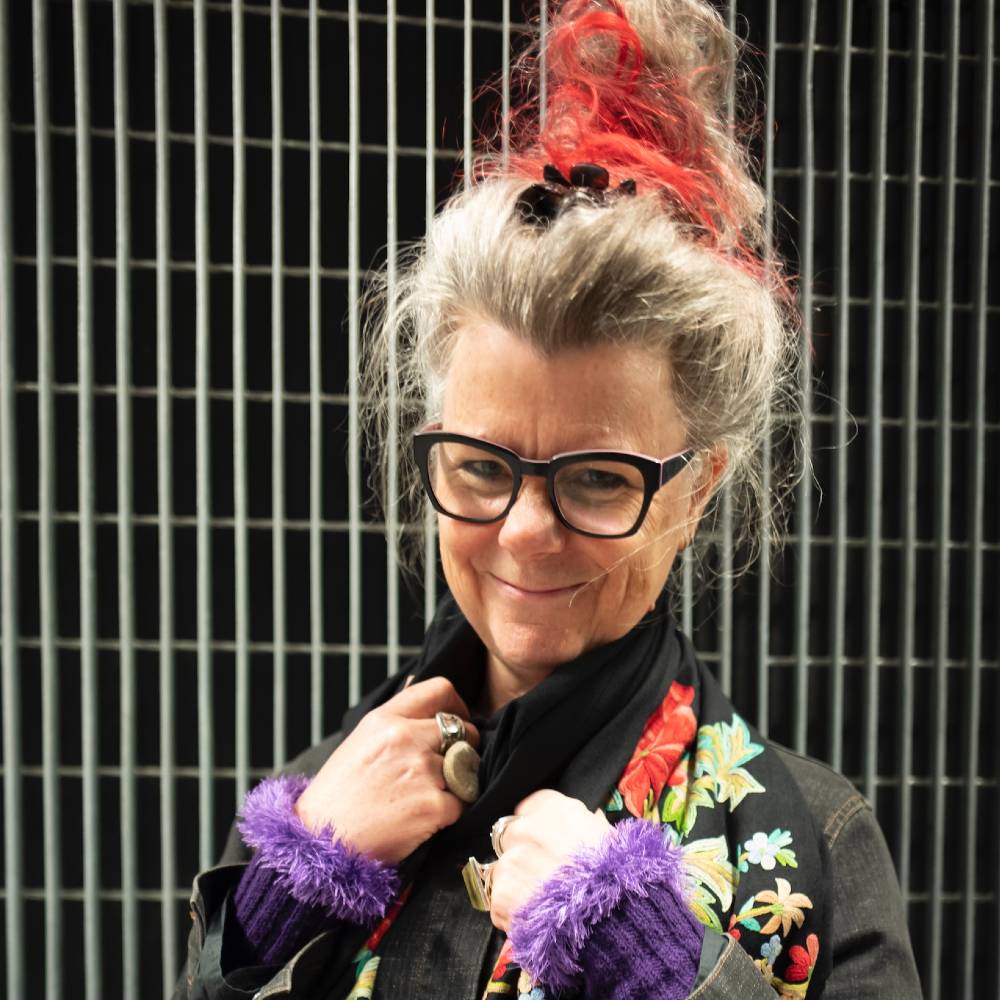
Francesca Rendle-Short is an award-winning novelist, memoirist and essayist, and creative research scholar. Her writing and research focusses on getting in/under the skin, prepositionally speaking. Refusing the exegesis model, her Doctor of Creative Arts in 2009 took an eisegesis approach to creative research based on ‘loose thinking’. Since then, she has developed her research and writing practice led by ideas of drawing-as-breathing, nonfiction-as-unconvention and/or queer-aesthetic, prepositional thinking, with-ness as cultural exchange, and communitas as method in creative writing. With Quinn Eades, Francesca is making a longitudinal ‘we-world’ (Jean Luc-Nancy), a collective, a communitas in a blackout collaborative poetry project of making and remaking called ‘We are making a boat, love’. She is Co-CI on the ARC Discovery: Connecting Asia-Pacific Literary Cultures: Grounds, Encounter and Exchange (2012–2024). Francesca is Professor of Creative Writing at RMIT University, co-founder of the non/fictionLab research group and WrICE (Writers Immersion and Cultural Exchange). Her six books include co-editing A-Z of Creative Writing Methods (Bloomsbury).
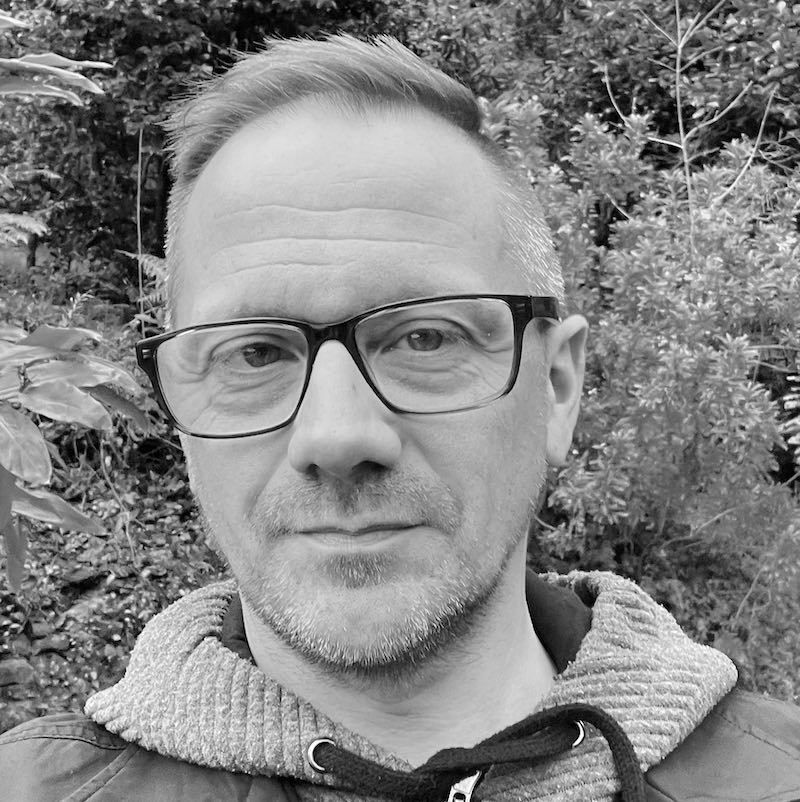
James Oliver (Seumas Olaghair) is a transdisciplinary academic, educator, and writer, with over 20yrs of experience across a range of creative and cultural disciplines and sectors. James' research training began in the social sciences, with a focus on lived experiences of cultural situations and practices. His wider creative practice research interests now also focus on decolonial practices, public pedagogies, and the possibilities afforded through creative and cultural ways of knowing (traditional and emerging), consistent with his native cultural position and practices of knowing.
James is also a Hebridean Gàidheal. His Dùthchas, or embodied connectedness and relationality with place and land has informed a life-long, and evolving enquiry of practice-as-research and ways of knowing. Initially, this was at the nexus of his native culture, language, place-based belonging, and configurations of identities; increasingly, this is becoming less about identities, more about ontologies and practices of emplacement, and ethical relations and collaborations with place - and learning with land. This has nurtured a 'practice-as-research' career beyond traditional disciplinary boundaries, particularly at the intersections of cultural relations, Creative Practice Research and Indigenous Practice Research.
In relation to practice as research he published the book, Associations: creative practice and research (MUP, 2018); and details of his broader research practice and writing are available at academia.edu. He is also an Adjunct Associate Professor with Wominjeka Djeembana Indigenous Research lab (MADA/Monash).

Jessica Wilkinson is a writer, critic, scholar and editor whose research interests include: poetry and poetics; contemporary poetry; poetic biography; 'nonfiction poetry'; experimental/radical writing; literary theory. She has published three poetic biographies, Marionette: A Biography of Miss Marion Davies (2012), shortlisted for the 2014 Kenneth Slessor Award, Suite for Percy Grainger (2014), a poem from which won the 2014 Peter Porter Poetry Prize, and Music Made Visible: A Biography of George Balanchine (2019), Highly Commended in the 2020 Wesley Michel Wright Prize. She is co-editor, with Bonny Cassidy, of Contemporary Australian Feminist Poetry (Hunter Publishers, 2016) and, with Cassandra Atherton, Memory Book: Portraits of Older Australians in Poetry and Watercolours (Hunter Publishers, 2021). Jessica is the founding editor of Rabbit: a journal for nonfiction poetry and the offshoot Rabbit Poets Series of single-author collections. She received a 2023 Keesing Studio Fellowship in Paris, through Australia Council for the Arts.

Linda Daley’s research is at the intersection of philosophy and literary and cultural studies. Her work has been published in internationally respected journals including Australian Feminist Studies, Australian Feminist Law Journal, New Writing, Film-Philosophy and Third Text. She teaches literary studies and supervises HDR writing projects.

Lucinda is a writer and researcher of expanded nonfiction. She is the curator and program leader of Writing in the Expanded Field, writing program of the Australian Centre for Contemporary Art and editor of its annual journal. Lucinda’s own expanded writing practice spans journalism and arts criticism, auto-ethnographic and personal essaying, arts editing and publishing, academic writing, and experimental literary-visual works. She is the currently Writer in Residence at Linden New Art, St Kilda and has previously been Writer in Residence at Grey Projects, Singapore. Lucinda is Lecturer in the Professional Communication program.

Melody Ellis’s work explores subjectivity, the body, power, and ethics. She is a writer and early-career academic. She completed her undergraduate studies in fine art at Sydney College of the Arts and a doctorate in creative writing at RMIT University. Her interdisciplinary writing practice — including short fiction, experimental memoir and fictocritical essays — Melody brings to her writing on these themes an engagement with critical and literary theory, art history, form and aesthetics.

Michelle Aung Thin’s research interests include: postcolonial literary theory, in particular the ‘limit’; writing collaboration in social enterprise; the mobile phone and writers in Myanmar. She is currently working on her second book, researched during an Asialink Residency in 2014 (funded by Arts Victoria) which explores the limits of identity in contemporary Myanmar and cosmopolitan, colonial Rangoon.

Neika Lehman (they/them) is a writer, this mob art collective member and current Vice Chancellor’s Indigenous Pre-Doctoral Research Fellow at RMIT, School of Media & Communication.
Neika worked previously as a sessional academic in the Australian Indigenous Studies Program at the University of Melbourne. Their freelance projects span writing, editing, curating, film practice and research.
Neika grew up in nipaluna | Hobart and descends from the Trawlwoolway peoples of Tebrakunna Country. Their ancestors shape the loops in Neika’s poetry, creative nonfiction and occasional film practice, which often addresses the tensions between memory, time and desire in settler colonies.

Peta Murray is a writer-performer, theatre-maker and cross-arts collaborator interested in the application of transdisciplinary, queered and communal practices as modes of inquiry and forms of cultural activism. She holds an MA in Playwriting from QUT, and a PhD from RMIT. Her interdisciplinary writing practice includes playwriting and libretti, short fiction, queered and co-wrought essays, and braided memoir. She makes hybrid and performative outputs in collaboration with The Symphony of Awkward research collective, and with The Jolly Good Fellows. Peta is competing research on an ARC funded Discovery Project: Staging Australian Women’s Lives: Theatre, Feminism and Socially-Engaged Art. She was also one of six lab members to co-edit of the Bloomsbury A-Z of Creative Writing Methods (2023).

Rebecca Hill conducts research in feminist philosophy and decolonial theory. She is the author of The Interval: Relation and Becoming in Irigaray, Aristotle and Bergson (Fordham) and the editor of Philosophies of Difference: Nature, Racism and Sexuate Difference (Routledge). Rebecca's current book project engages with concepts of time, difference and relation. She is a founder and convenor of the Philosophies of Difference (PoD) seminars.
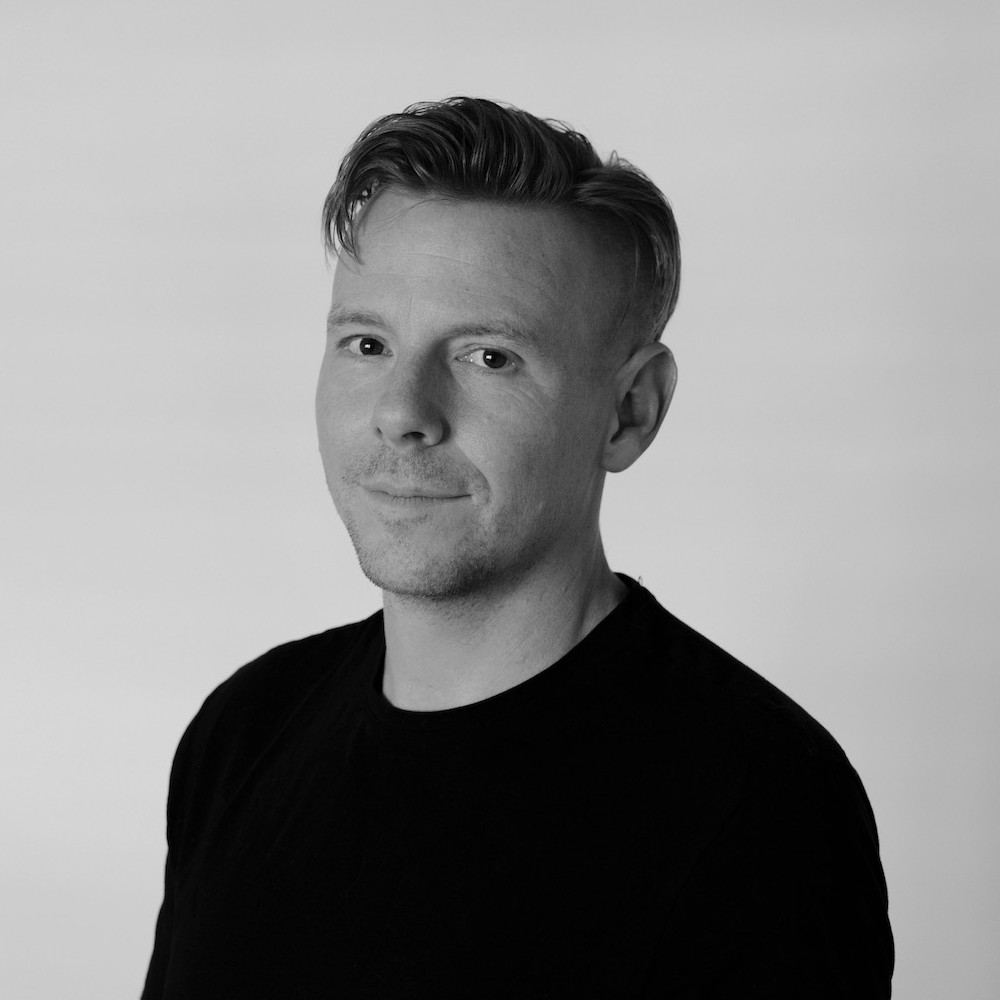
Dr Ronnie Scott is the author of two novels: The Adversary (2020), which was a book of the year in the Age and shortlisted for a Queensland Literary Award and the Australian Literature Society Gold Medal; and Shirley (2023), which was a Guardian book of the year and shortlisted for the Christina Stead Prize for Fiction at the NSW Premier's Literary Awards and the Voss Prize. He's a Chief Investigator on Folio, an oral history storytelling project about Australian comics funded by the Australian Research Council Linkage Scheme, and he co-convenes Gutter Stars, an intervarsity comics group based in the non/fictionLab. His edited volume Folio: Essays on Australian Comics, will be published by Palgrave in 2025, and his third novel, Letter to a Fortunate Ex, will be published by Hamish Hamilton in 2026.
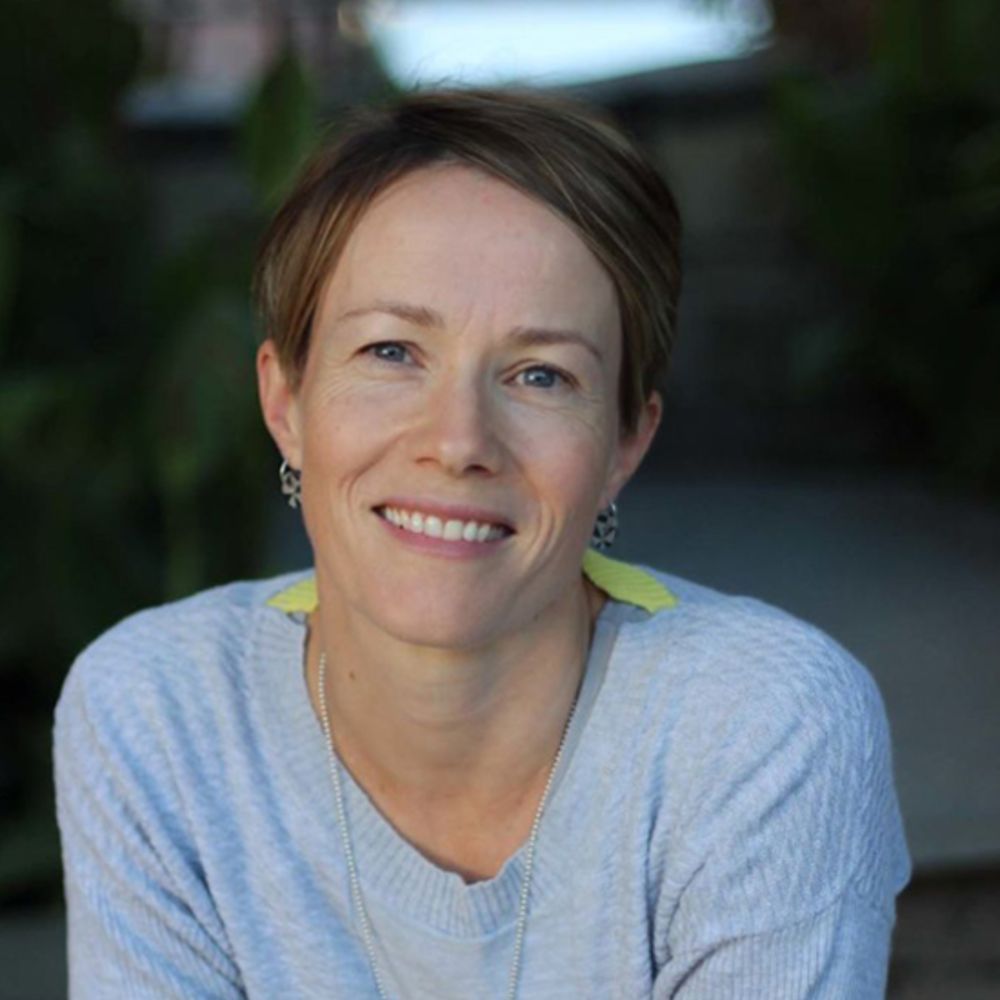
Rose Michael is a speculative fiction writer, researcher, teacher with a decade’s experience as a publisher. Her first novel, The Asking Game, was a runner-up for the Vogel and received an Aurealis honourable mention. Short stories from it appeared in Island, Griffith Review and Best Australian Stories. An early extract from her second, The Art of Navigation, was shortlisted for a Conjure award. She has published speculative fiction criticism in The Conversation, TEXT, Sydney Review of Books and Foundation: The International Review of Science Fiction. Experiments towards her new novel appear in Going Down Swinging, Meanjin and Antipodes.
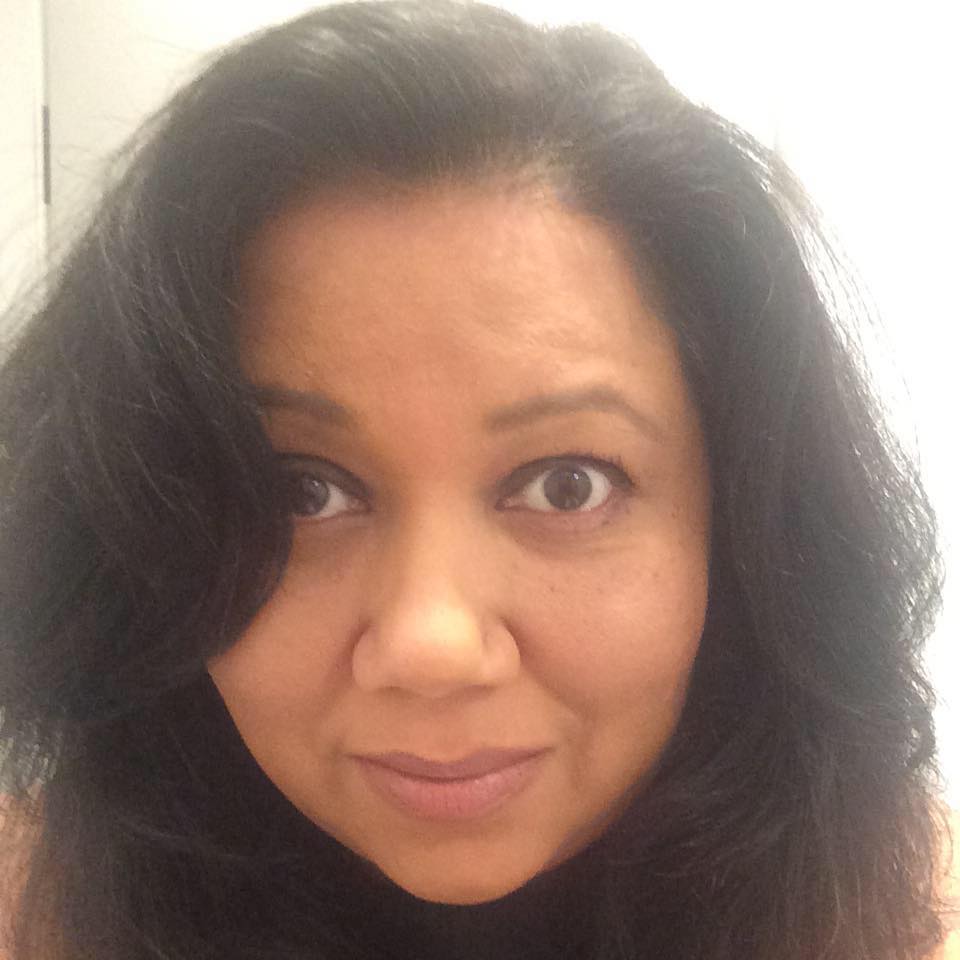
Sreedhevi Iyer’s research interests are interdisciplinary, and include creative writing, postcolonial theory, discourse analysis, and cosmopolitanism. She is an early-career researcher and the author of The Tiniest House of Time which was shortlisted for the Small Press Network Book of the Year Award in 2021. Her previous book, Jungle Without Water, was shortlisted for the Penang Monthly Book Award. Her work has been nominated for a Pushcart Prize in the US, and has appeared around the world, including in The Writer's Chronicle, Drunken Boat, Hotel Amerika, The Bellingham Review, The Asian American Literary Review, and Ginosko Literary Journal in the US, as well as in the Free Word Centre in the UK, and the Asia Literary Review.
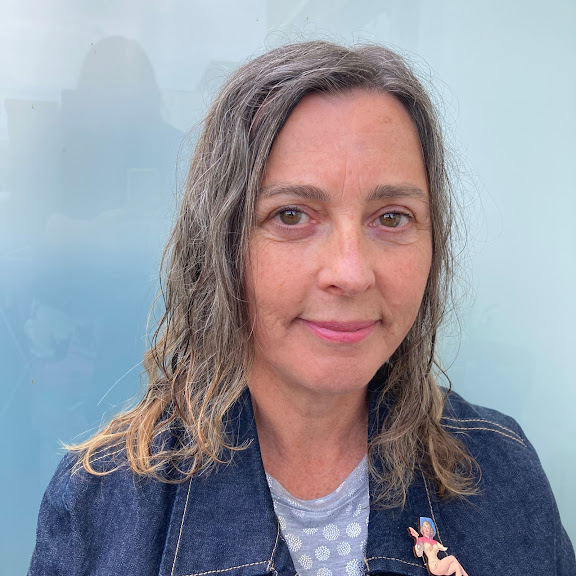
Stayci Taylor is widely published on screenwriting (about which she has co-edited a journal special issue and two books on script development), and creative writing (co-editing the A-Z of Creative Writing Methods, Bloomsbury 2022). Her research projects with industry and community include diary reading events with The Symphony of Awkward; creative writing workshops with the social enterprise STREAT, reflecting on communitas with SHOUSE and queering practices with filmmakers as part of the QSPPA research collective. In 2017 she won the RMIT Prize for Research Excellence (HDR, Design). Her television scripts have earned wins and nominations in the prestigious Qantas Television Awards and Screenwriting Awards of NZ. In 2022 Stayci was named the national Leader in the Field (film) in The Australian annual research awards.

Associate Professor Tracy O’Shaughnessy is Program Manager of RMIT’s Master of Writing and Publishing. She is the architect of the program and in 2016 established the Bowen Street Press, an immersive student-led publishing house that forms the backbone of the Master of Writing and Publishing. Tracy brings over 20 years’ experience as a trade publisher to these roles. Throughout her diverse publishing career she has worked at a number of Australia’s leading publishing houses, including Hardie Grant Books, Melbourne University Press as the Miegunyah Publisher, and Allen & Unwin. In addition to her advocacy and mentoring roles within the writing and publishing industry, she continues to work as a publishing consultant.

Vicki Couzens is a Keerray Woorroong woman from the Western Districts of Victoria. Vicki has worked in Aboriginal community affairs for almost 40 years. She is a Senior Knowledge Holder for Possum Skin Cloak Story and Language Reclamation and Revival in her Gunditjmara Mother Tongue. Vicki’s contributions in the reclamation, regeneration and revitalisation of cultural knowledge and practices extend across the ‘arts and creative cultural expression’ spectrum including language research and community development. Vicki completed her PhD in 2017 and is a Vice Chancellor Indigenous Research Fellow at RMIT.

Zoe Dzunko, an early career academic, is a poet, editor and publisher. Zoe is the author of three chapbooks: All of the Men I Have Never Loved (Dancing Girl Press), Bruise Factory (NAP) and Wet Areas (Maverick Duck Press). Her poems have appeared in The Age, Going Down Swinging, Banango Street, Guernica, and Two Serious Ladies.

Jack Tan is an educator, prose poet and musician. He is an Adjunct Associate with the non/fictionLab and Lecturer in Education at the University of Melbourne. He completed his PhD with RMIT's School of Education and the non/fictionLab. The title of his thesis is Writing a transcultural teacher: Critical autoethnographic prose poems on teacher subjectivity across Singapore, Shanghai and Melbourne. Jack's work is trans-disciplinary: across transcultural studies, critical autoethnography, prose poetry as inquiry, teacher identity and residential college studies. Recent publications include autoethnographic prose poetry for the journals Qualitative Inquiry and Axon: Creative Explorations. Jack has presented his research and creative work in Australia and abroad, including for the Australian Association for the Research of Education (University of Melbourne), the ARC Centre of Excellence for the History of Emotions (UWA), the Australian Literacy Educators' Association, the Melbourne Dickens Fellowship and the Dickens Project (UCLA and UC Santa Cruz). Current projects include a study of transcultural picture books, prose poetry for teacher reflection and a critical autoethnography of a globally mobile teacher.
Acknowledgement of Country
RMIT University acknowledges the people of the Woi wurrung and Boon wurrung language groups of the eastern Kulin Nation on whose unceded lands we conduct the business of the University. RMIT University respectfully acknowledges their Ancestors and Elders, past and present. RMIT also acknowledges the Traditional Custodians and their Ancestors of the lands and waters across Australia where we conduct our business - Artwork 'Sentient' by Hollie Johnson, Gunaikurnai and Monero Ngarigo.